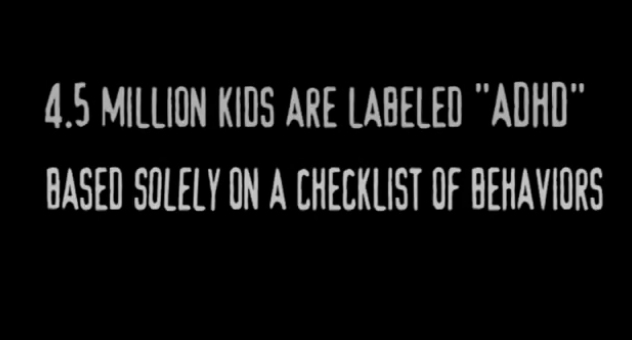NaturalNews – August 2, 2011
by Ethan A. Huff
A major study recently published in the journal Pediatrics — and republished by countless other medical and mass media sources — made the bold claim that stimulant drugs like those used to treat attention deficit hyperactivity disorder (ADHD) in children are not linked to cardiovascular events and death. But a recent analysis by Dr. Robert Tozzi writing for FOX News explains that the study was flawed, and that the drugs will cause cardiovascular events or death, especially in individuals with certain conditions.
Like most studies that allege the safety of pharmaceutical drugs, the Pediatrics study was at least partially, if not completely, funded by the drug industry. It was also deliberately constructed in such a way as to artificially minimize the risks associated with stimulant drugs. As a result, its findings ended up mirroring claims long made by the drug industry that stimulant drugs are safe, and that children do not need to be tested for certain conditions prior to being prescribed them.
The study included two groups of children, one taking stimulant drugs, and the other not taking stimulant drugs. The idea was to simply compare the number of heart events between the two groups, and determine whether or not stimulant drugs are associated with an increased risk of heart events and sudden death.
Well, according to Dr. Tozzi, few, if any, of the high-risk children with conditions that would react negatively in the presence of stimulants were placed in the stimulant group. Most parents of children with such conditions, as well as their doctors, would not normally opt for giving stimulants to their high-risk children, and thus the vast majority of these children were placed in the non-stimulant group.
This inherent and obvious flaw completely debunks the credibility of the study. After all, the whole point of it was supposedly to identify whether or not children need to be pre-screened for certain conditions before being prescribed stimulant drugs. With this in mind, it makes sense to actually identify how children with existing conditions respond to stimulant drugs, otherwise the data is meaningless.
It is difficult to say which is worse — testing dangerous drugs on high-risk children, or not testing dangerous drugs on high-risk children and simply declaring that they are safe (which is what the drug industry basically did in a recent study). One thing is for sure, though. The propositions made in the study that stimulant drugs are safe and do not raise the risk of heart disease and sudden death are patently false. And many children will likely suffer and die as a result of these lies.
To read all international drug regulatory warnings and studies on Ritalin, Adderall, Concerta and other ADHD drugs visit CCHR’s Psychiatric Drug Side Effects Search Engine”



SHARE YOUR STORY/COMMENT